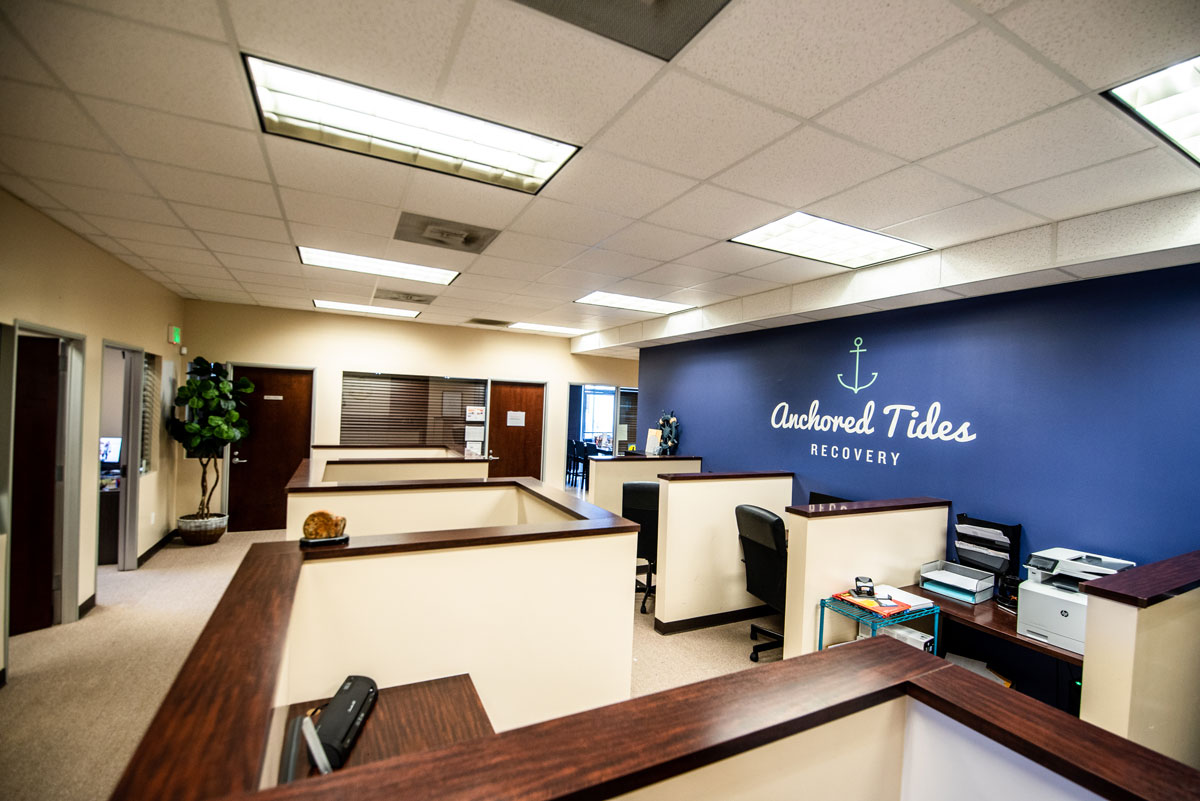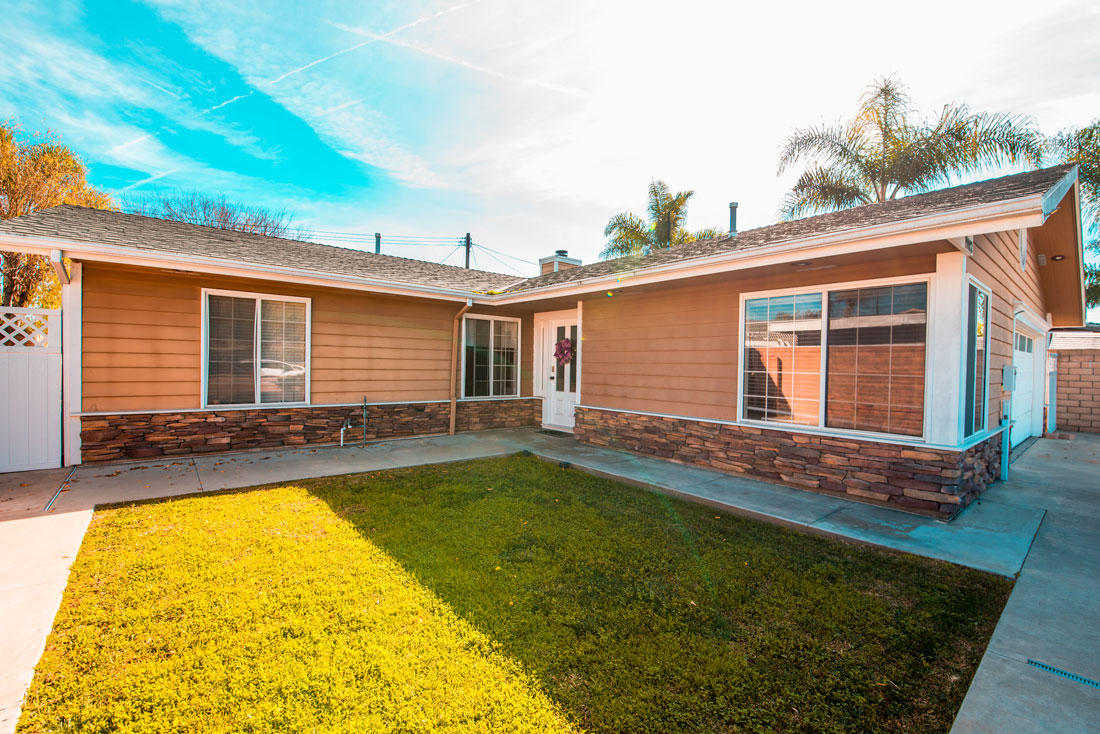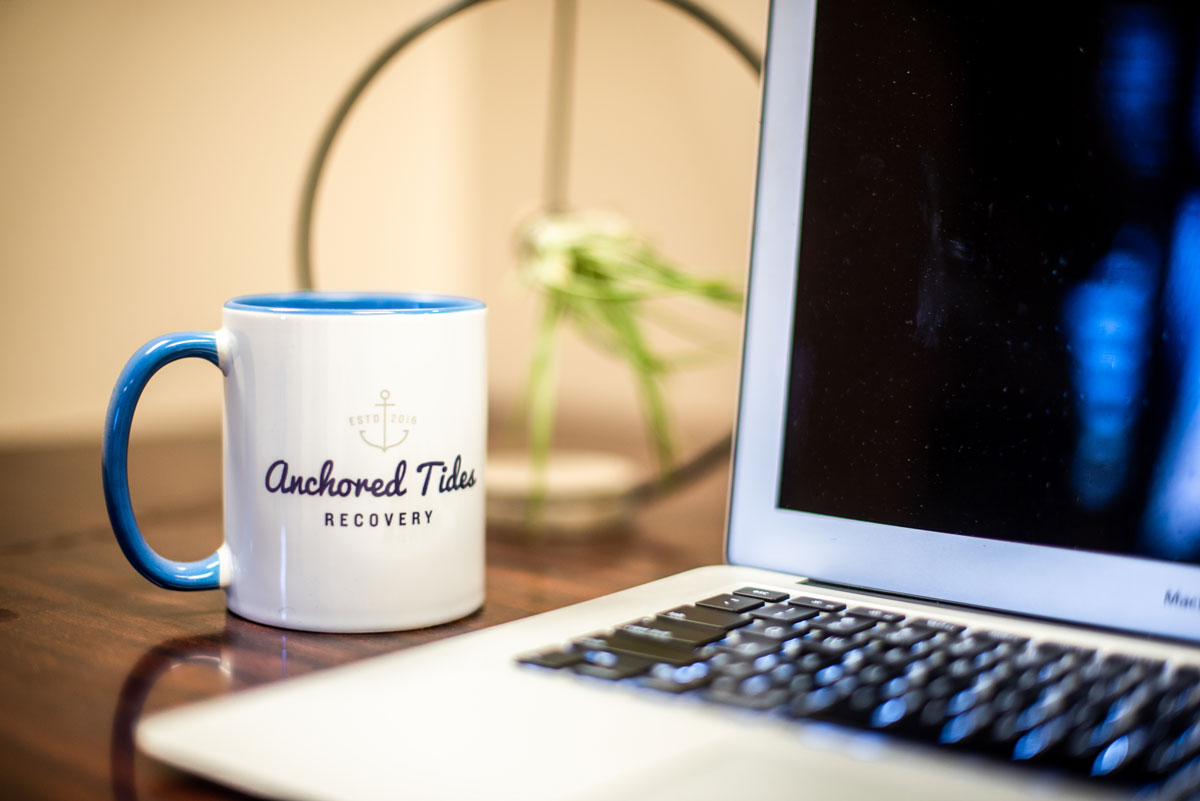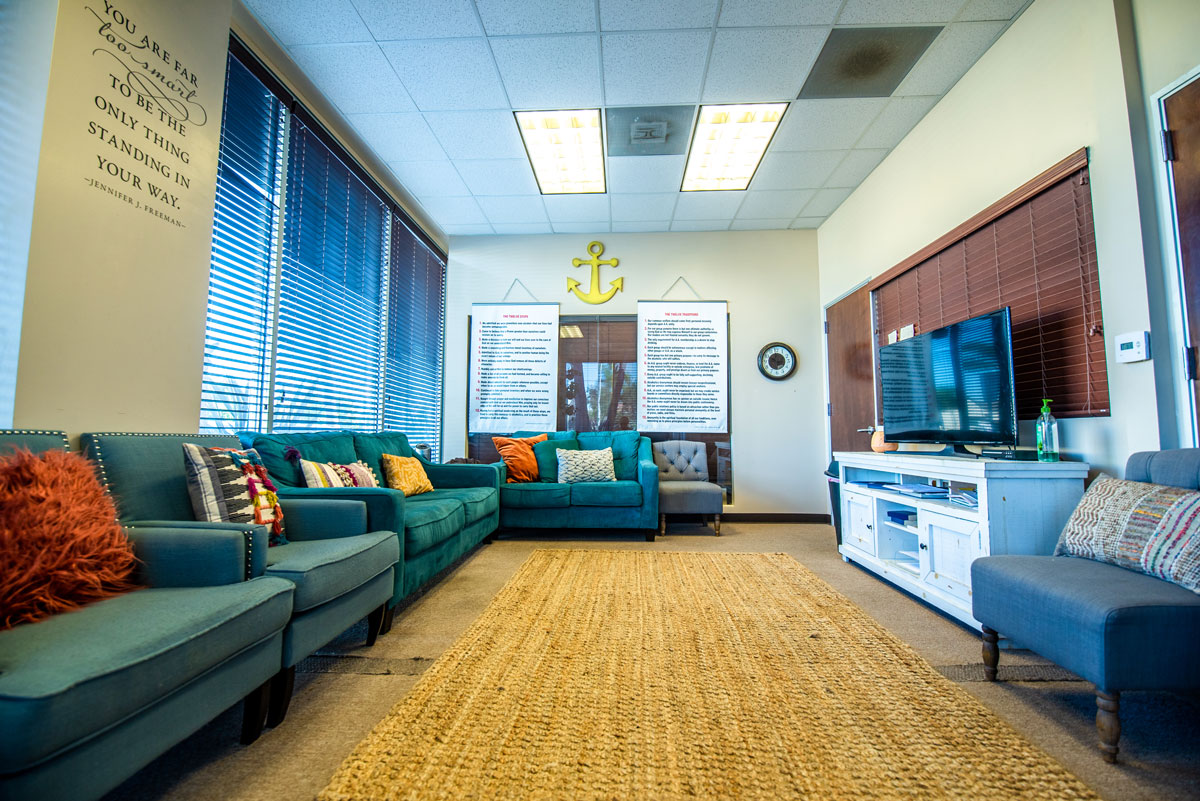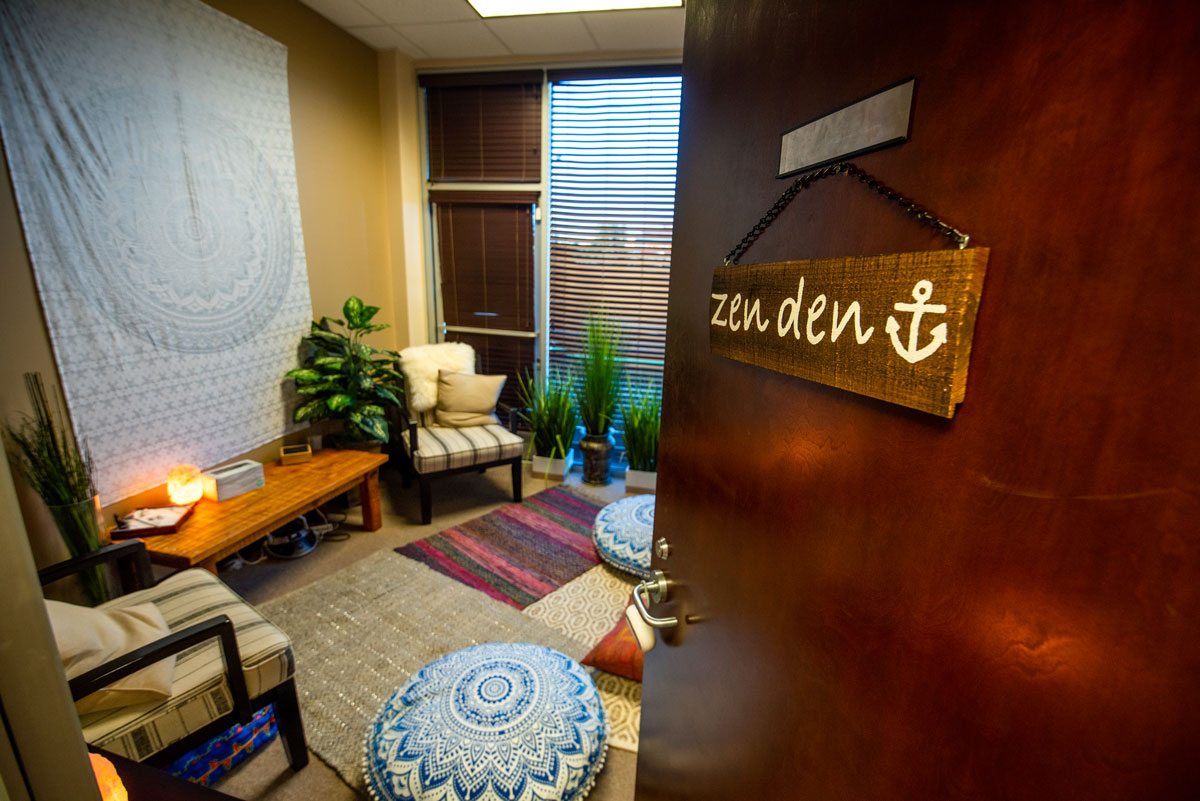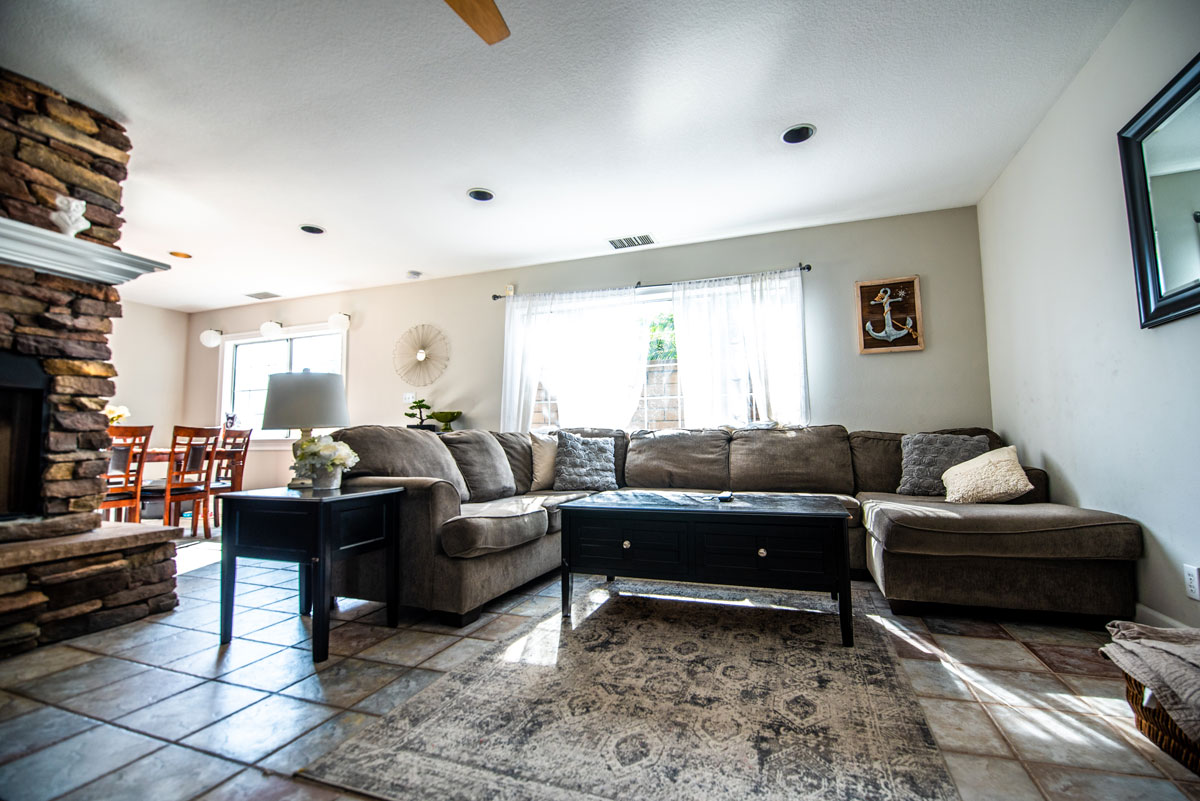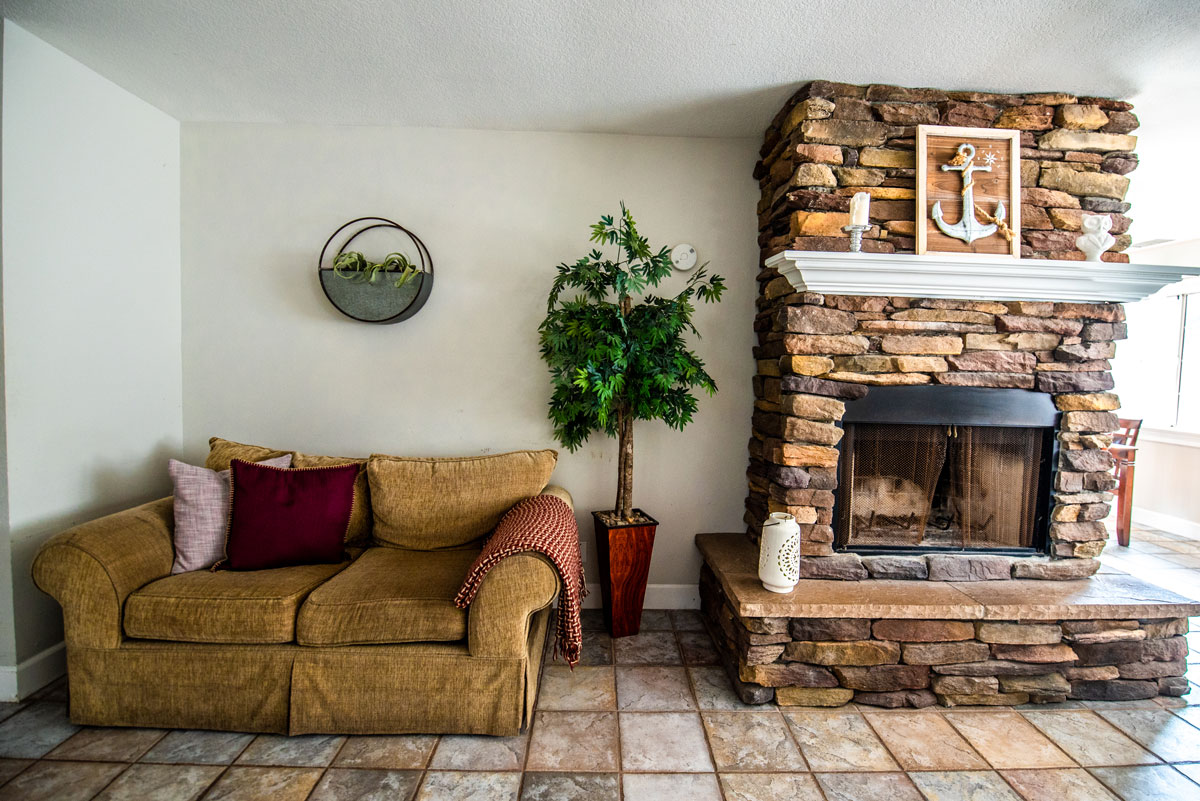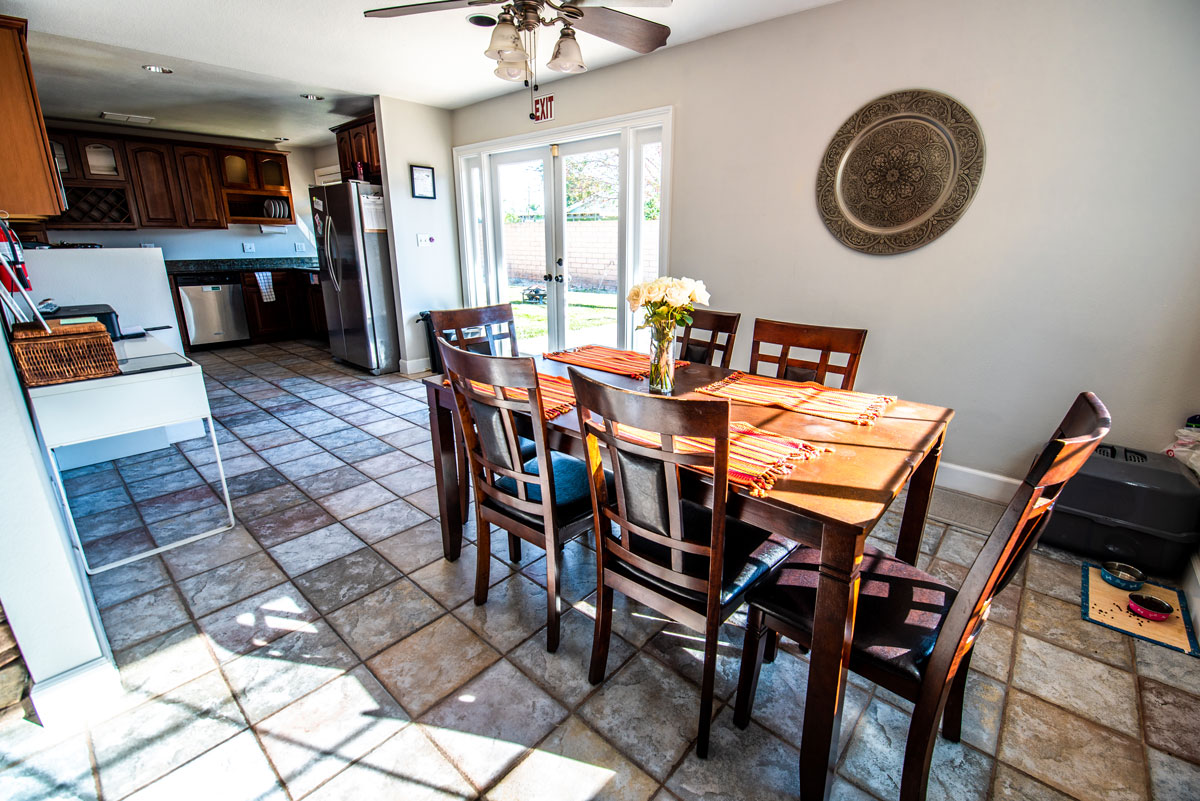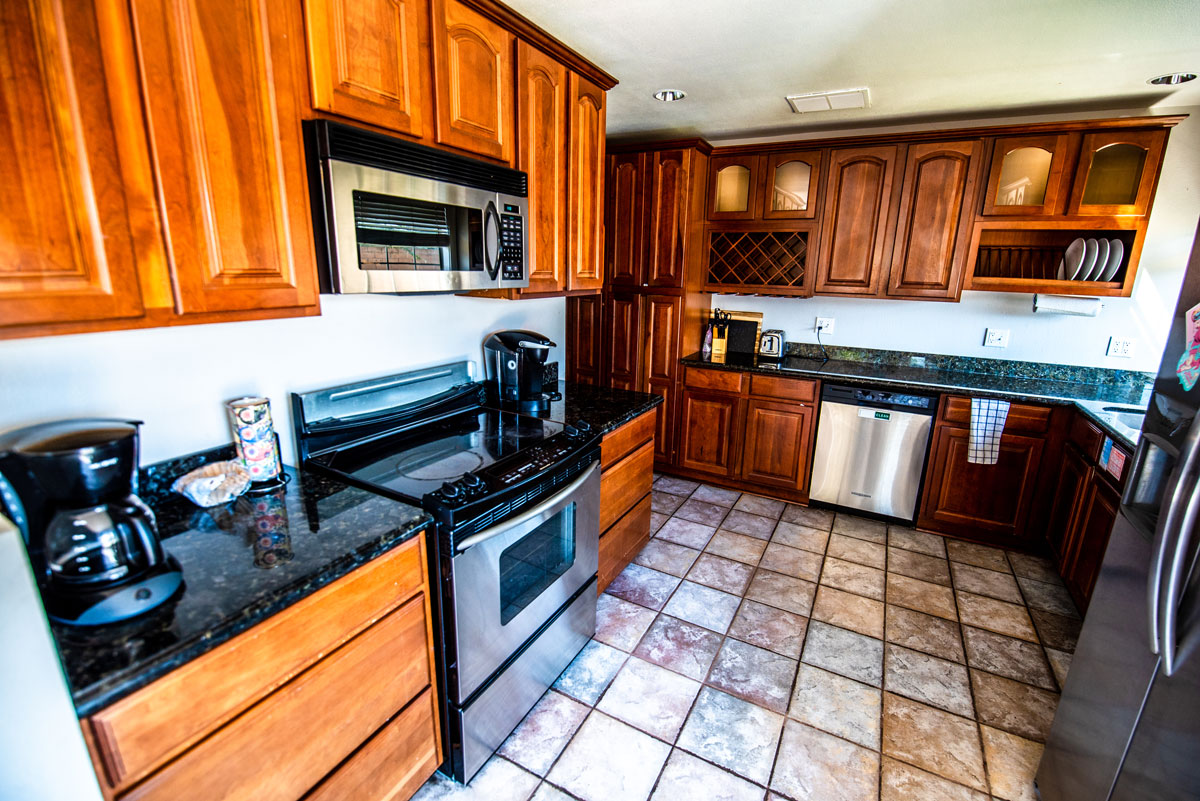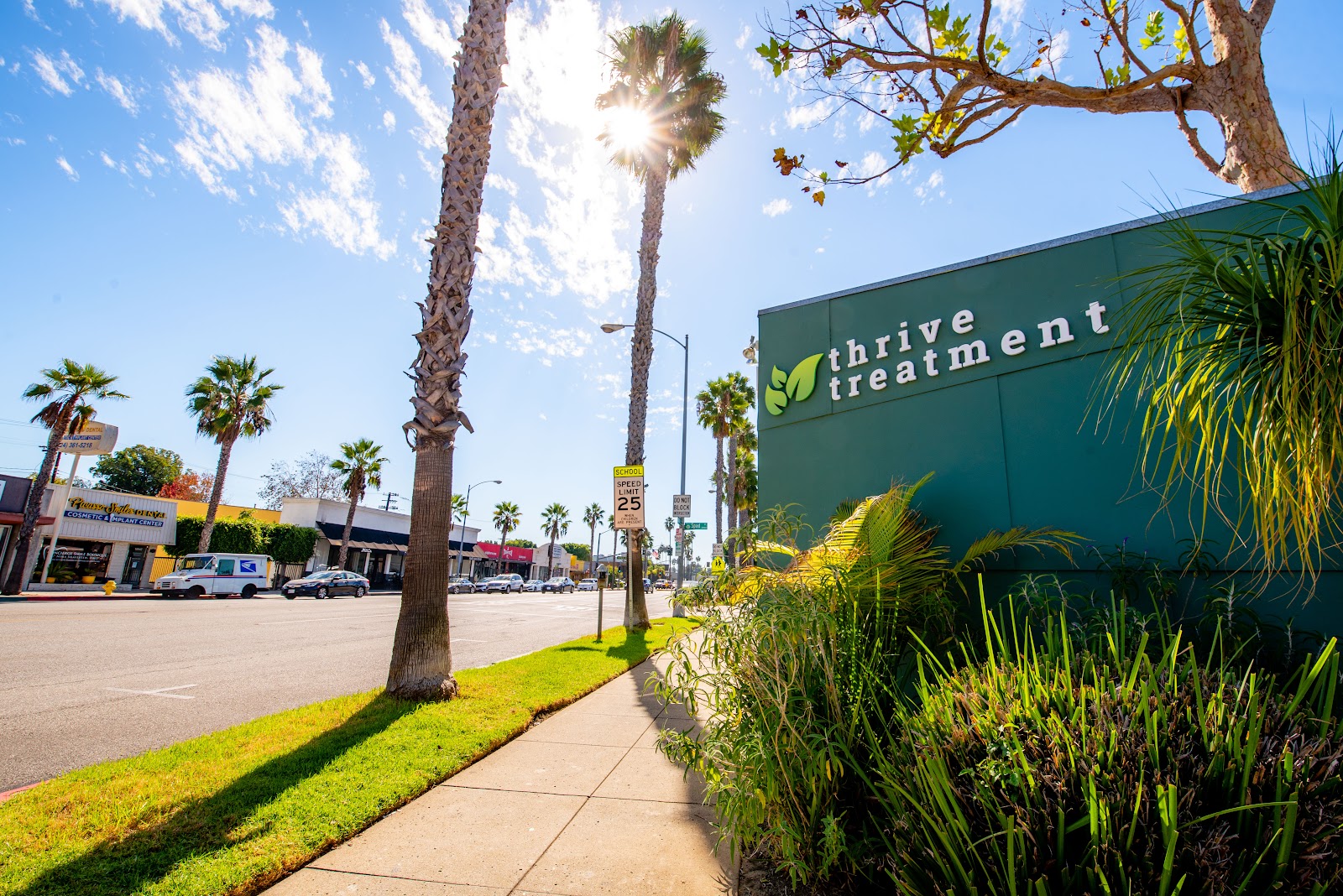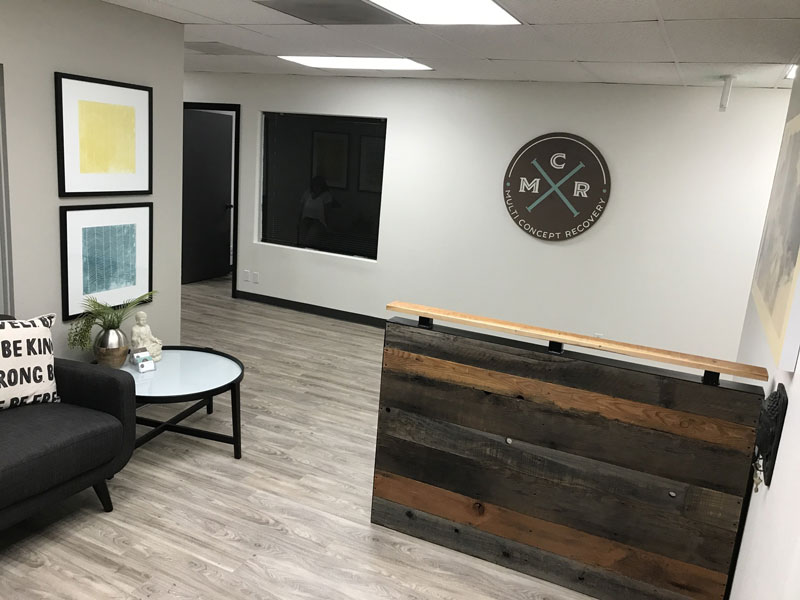Anchored Tides Recovery
Overview
Anchored Tides Recovery is an accredited substance abuse treatment center that provides outpatient treatment for men and women between 18 and 65+ years of age. As part of their special programs, Anchored Tides Recovery To help patients achieve sobriety, Anchored Tides Recovery provides intake assessments. Afterward, patients receive family counseling and group counseling. during treatment. Anchored Tides Recovery is located in Huntington Beach, California, providing treatment for people in Orange County, accepting cash or self-payment and private health insurance.
Anchored Tides Recovery at a Glance
Payment Options
- Cash or self-payment
- Private health insurance
Assessments
- Comprehensive mental health assessment
- Comprehensive substance use assessment
Age Groups
- Adults
- Seniors
- Young adults
Operation
- Private for-profit organization
Accreditations
LegitScript:

Only programs and services that have successfully completed a rigorous application process initiated in 2018 can attain LegitScript certification. This stringent evaluation guarantees that only reputable mental health and co-occurring substance abuse treatment providers are eligible to be part of Google's network, ensuring compliance with HIPAA privacy laws.
The Joint Commission:

The Joint Commission accreditation for addiction and behavioral health signifies that a facility has met rigorous standards in patient care, treatment, and safety. This recognition assures patients and professionals of the facility's commitment to providing high-quality, evidence-based care in the fields of addiction and behavioral health, fostering trust and confidence in their services.
NAATP:

The NAATP accreditation is a recognized certification for addiction and behavioral health facilities. This accreditation serves as a validation of a center's commitment to maintaining high standards in the field. It signifies that the facility has met specific criteria and requirements set by NAATP, ensuring that individuals seeking addiction and behavioral health services can expect a level of quality and professionalism in their care. NAATP accreditation is a notable benchmark for facilities striving to provide effective and ethical treatment within this critical healthcare sector.
Treatment At Anchored Tides Recovery

Conditions Treated
Mental health treatment:
Mental health treatment involves a range of therapeutic approaches, provided by licensed professionals, to address mental health challenges. It includes psychotherapy, medication, and holistic practices to help individuals manage conditions, improve coping skills, and enhance overall well-being. The goal is to empower individuals to lead fulfilling lives and reduce the stigma surrounding mental health.
Substance use treatment:
Substance use rehabilitation embodies a holistic treatment approach crafted to assist individuals contending with drug or alcohol addiction. This all-encompassing rehabilitation strategy encompasses two crucial components: initially addressing the physical dependency, frequently commencing with detoxification, and subsequently confronting the psychological triggers through a diverse array of therapeutic methods. The overarching objective is to empower individuals to achieve and maintain sobriety while equipping them with essential skills and coping mechanisms for a successful reintegration into society and a life free from substance abuse.
Co-occurring Disorders:
Dual-diagnosis rehabilitation centers focus on treating individuals with simultaneous mental health and substance use disorders. The intertwined nature of addiction and mental health issues can intensify each other's symptoms, complicating recovery. These centers provide a holistic treatment strategy addressing both conditions together, often encompassing thorough evaluations, a blend of therapeutic methods, family counseling, and post-treatment care.

Levels Of Care
Partial Hospitalization Program:
Partial Hospitalization Program (PHP) is an intensive, short-term treatment program that provides a structured therapeutic environment for individuals with acute mental health or substance use concerns. Operating during daytime hours, PHP bridges the gap between inpatient hospitalization and traditional outpatient care, allowing participants to return home in the evenings while still receiving a high level of clinical support and therapy during the day. The program typically includes group therapy, individual counseling, medication management, and other therapeutic interventions tailored to the needs of the individual.
Intensive outpatient treatment:
Intensive outpatient (IOP) supports clients in maintaining their sobriety by providing tailored, high-quality care that adapts to their changing requirements. Clients participate in numerous weekly treatment sessions, generally receiving between nine to twenty hours of outpatient care. As clients achieve stability, the treatment frequency and intensity gradually diminish. Many intensive outpatient rehabilitation centers offer a range of services, including addiction counseling, training in life skills essential for recovery, and medication-assisted treatment (MAT). Additionally, evidence-based complementary therapies are frequently integrated into the program.
Aftercare:
Aftercare treatment refers to the continued support and care that individuals receive following the completion of their primary treatment program for substance abuse or addiction. This phase aims to aid individuals in maintaining their sobriety, improving personal skills and coping strategies, and integrating back into society. Aftercare can include ongoing therapy, support group meetings, education, and monitoring, which are crucial for preventing relapse and promoting long-term recovery. Through a combination of community support, accountability, and personal development, aftercare provides a structured pathway for individuals to continue their recovery journey in a supportive environment.
Outpatient:
Outpatient programs cater to individuals who are in good medical condition and are not at a heightened risk of relapse, including those who have successfully finished their inpatient treatment. These programs usually build upon clients' existing treatment strategies, providing ongoing addiction counseling and educational support for recovery. Individuals who enter outpatient care right after detoxification may also undergo medical and psychological evaluations, followed by the creation of personalized treatment plans. Most outpatient rehabilitation centers offer various levels of care tailored to meet each client's specific needs.

Treatment Modalities
Family counseling:
Family Counseling is a therapeutic approach that seeks to address and resolve conflicts, improve communication, and strengthen relationships within the family unit. By providing a safe space for family members to express their feelings and concerns, a trained counselor facilitates understanding and collaboration among members, promoting healthier dynamics and enhancing overall family well-being.
Group counseling:
Group therapy entails therapeutic sessions conducted in a collective setting rather than one-on-one. It encompasses various modalities, from support groups and experiential therapy to psycho-education and beyond. The approach focuses on treatment and emphasizes the dynamic interactions and shared experiences among group members.

Additional Locations
Contact Information
DISCLAIMER: The facility name, logo and brand are the property and registered trademarks of Anchored Tides Recovery, and are being used for identification and informational purposes only. Use of these names, logos and brands shall not imply endorsement. BetterAddictionCare.com is not affiliated with or sponsored by Anchored Tides Recovery.
